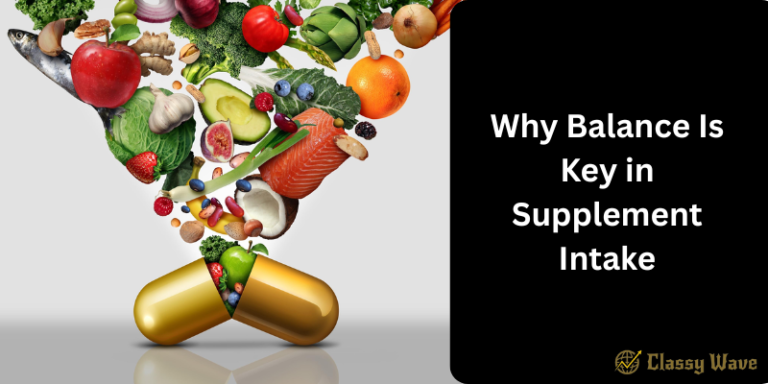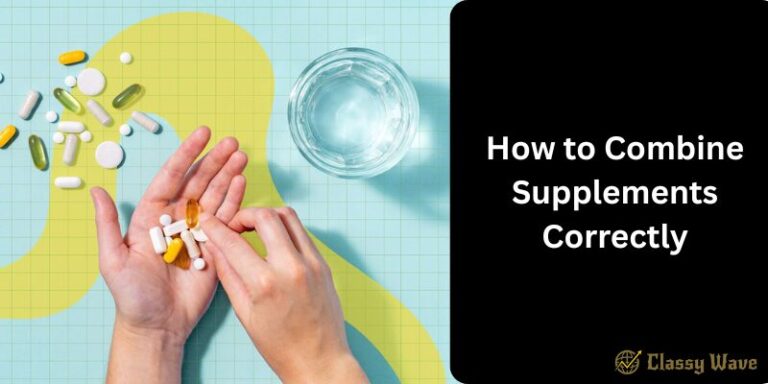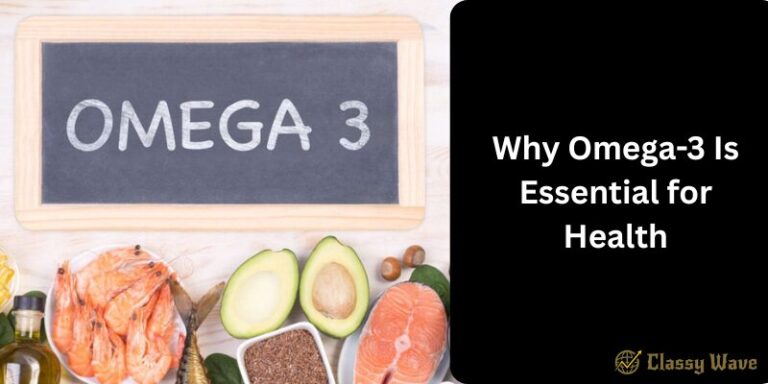are vitamins and supplements the same thing? Complete guide
Embarking on a journey through the realms of vitamins and supplements involves unraveling the nuances between these terms, understanding their distinct roles, and exploring essential insights for informed dietary decisions. From distinguishing vitamins to navigating the supplement landscape, this collection of headings provides valuable insights into optimizing nutritional choices.
Vitamins vs. Supplements:
Vitamins and supplements are not synonymous. Vitamins are essential organic compounds required for various bodily functions, obtained through diet. Supplements encompass a broader category, including vitamins, minerals, herbs, or amino acids. While vitamins are a subset of supplements, not all supplements contain vitamins. Understanding this distinction aids individuals in making informed choices about their nutritional needs.
Distinguishing Vitamins and Supplements:
Distinguishing between vitamins and supplements is crucial for optimal health. Vitamins are organic compounds vital for bodily functions, obtained from food. On the other hand, supplements encompass a broader range, including vitamins, minerals, and other substances. This clarification helps individuals choose appropriate dietary additions based on their specific nutritional requirements.
Are They Interchangeable?:
Vitamins and supplements are not interchangeable terms. Vitamins refer to specific organic compounds essential for health, obtained through diet. Supplements, a broader category, include vitamins and various other substances like minerals or herbs. Recognizing their differences ensures individuals make accurate choices to meet their unique nutritional needs.
Understanding Vitamins and Supplements:
Understanding the distinction between vitamins and supplements is vital for informed health choices. Vitamins are essential organic compounds, while supplements encompass a broader category, including vitamins, minerals, and more. This knowledge empowers individuals to navigate the nutritional landscape effectively, ensuring they meet their specific dietary requirements.
Differentiating Between Vitamins and Supplements:
Differentiating between vitamins and supplements is key for making informed dietary choices. Vitamins are specific organic compounds essential for health, derived from food. Supplements, a broader category, include various substances like minerals and herbs. Recognizing these differences guides individuals in selecting the right additions to support their unique nutritional needs.
Vitamins Overview:
Vitamins are essential organic compounds crucial for bodily functions, obtained through diet. Understanding their role aids in crafting a balanced nutritional intake for overall health.
Supplement Essentials:
Supplements encompass vitamins, minerals, herbs, or amino acids, providing additional nutrients beyond regular diet. Recognizing their significance guides individuals in meeting specific nutritional needs effectively.
Nutritional Distinctions:
Distinguishing between vitamins and supplements is vital. Vitamins are organic compounds obtained through food, while supplements include a broader range of substances to support overall health.
Vitamins vs. Additions:
Vitamins are specific organic compounds, while supplements include a variety of substances. The distinction aids in making accurate dietary choices based on individual nutritional requirements.
Supplement Clarification:
Clarifying the difference between vitamins and supplements is essential for informed health decisions. Vitamins are crucial organic compounds, while supplements encompass a broader category to meet various nutritional needs effectively.
Conclusion
In conclusion, this exploration into vitamins and supplements underscores the importance of discerning their differences. Recognizing vitamins as essential organic compounds and understanding the broader spectrum of supplements allows individuals to make informed choices for optimal health. Navigating dietary additions, considering nutrient sources, and balancing intake contribute to a holistic approach. Armed with this knowledge, individuals can embark on a journey towards well-informed decisions that align with their unique nutritional needs, promoting overall vitality and wellness.
FAQs
Question: Are vitamins enough for a healthy diet?
Answer: Vitamins are crucial, but a balanced diet with diverse nutrients, including minerals and proteins, is essential for health.
Question: How do I choose the right supplements?
Answer: Consider health goals, potential interactions, and consult healthcare professionals for personalized advice when selecting supplements.
Question: Can I get all vitamins from food alone?
Answer: While a varied diet is ideal, some may need supplements. Consult a healthcare professional for personalized recommendations.
Question: Are supplements safe for everyone?
Answer: Safety varies. Consult healthcare professionals, especially for pregnant individuals or those with specific health conditions, for personalized advice.
Question: What’s the role of vitamins in overall health?
Answer: Vitamins play vital roles in bodily functions, supporting immunity, bone health, and more. A balanced intake is key.







